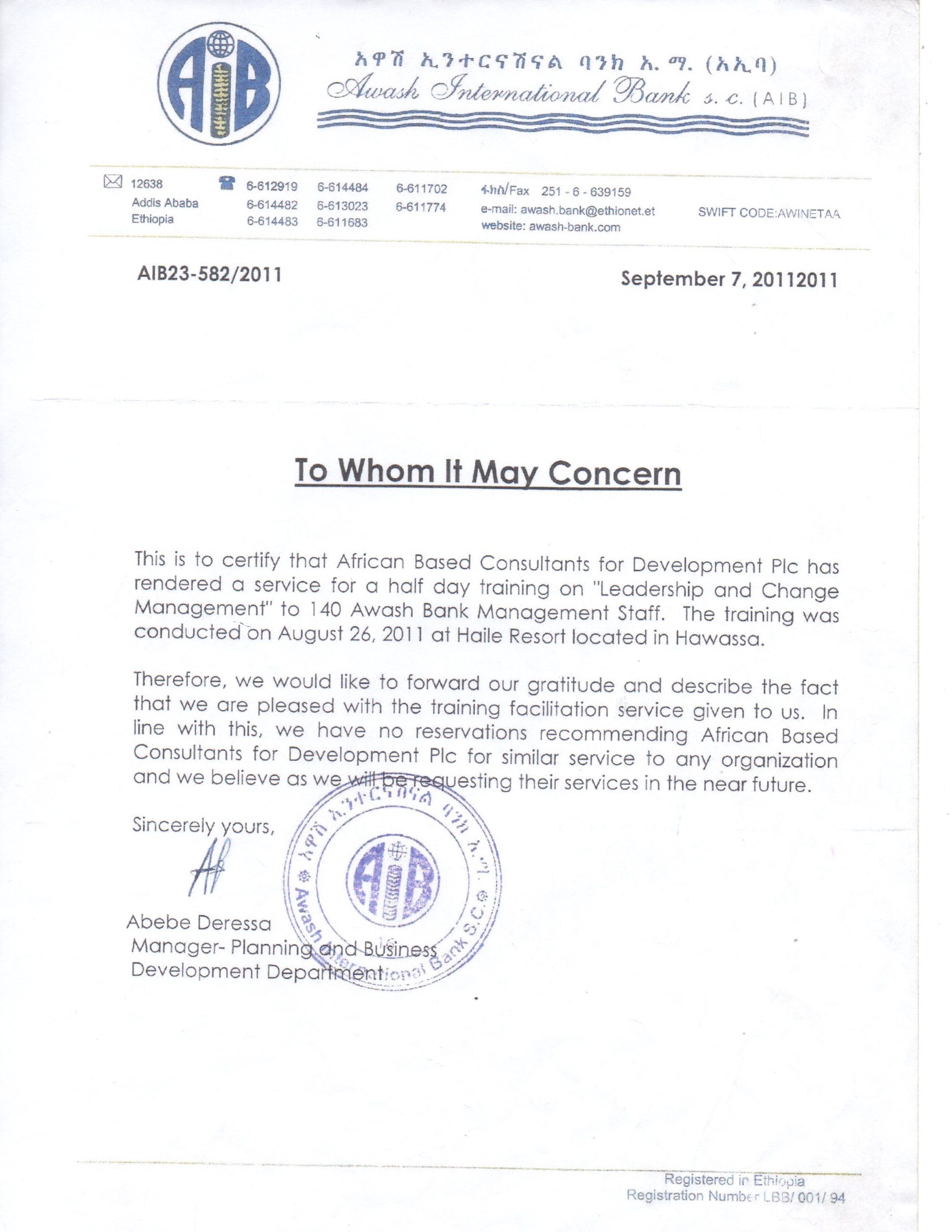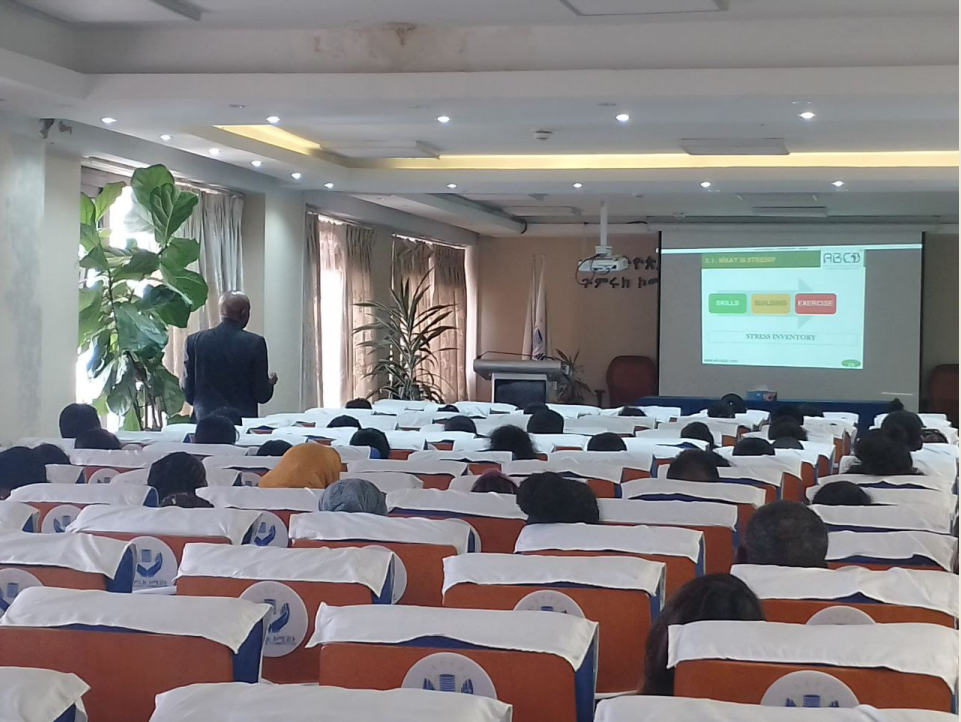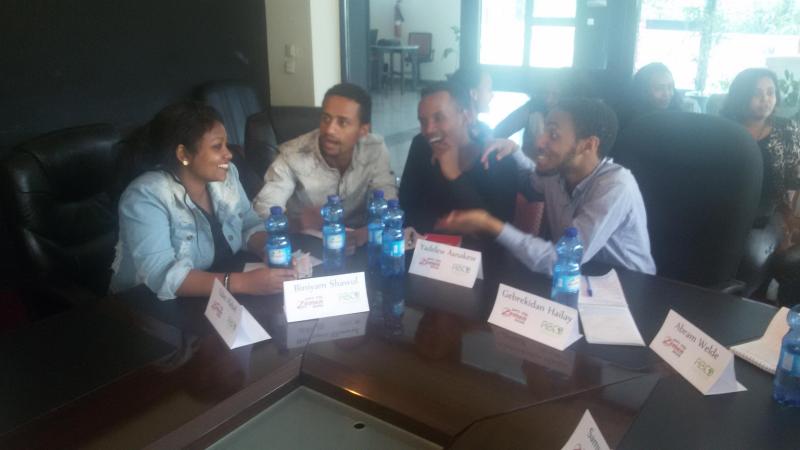
Introduction:
In today's world, HIV/AIDS continues to be a significant global health challenge, silently affecting millions of lives. Recognizing the urgency to address this silent killer, the Ethiopian Customs Commission (ECC) has taken proactive steps towards prevention and control. By prioritizing comprehensive training on HIV/AIDS prevention and control, ECC aims to equip its staff with the knowledge and tools necessary to combat this epidemic effectively. Recently, I had the privilege of attending one such training session, and it was a testament to ECC's commitment to safeguarding the health and well-being of its employees.
The Silent Killer
HIV/AIDS has emerged as a silent killer, infiltrating communities and societies with devastating consequences. Its impact goes beyond physical health, affecting individuals, families, and entire communities. Recognizing the gravity of the situation, ECC has demonstrated commendable foresight by recognizing the importance of preventive strategies in combating this epidemic.
ECC's Commitment to Prevention and Control:
The Ethiopian Customs Commission's commitment to HIV/AIDS prevention and control is inspiring. By investing in comprehensive training, ECC aims to empower its staff with the knowledge and skills necessary to protect themselves and others from the transmission of HIV. This proactive approach not only safeguards the health and well-being of ECC employees but also contributes to the broader efforts of reducing the prevalence and impact of HIV/AIDS in Ethiopia.
The Importance of Training:
The HIV/AIDS prevention and control training provided by ECC is a crucial step towards creating awareness and fostering a culture of prevention within the organization. The training covers a wide range of topics, including the modes of transmission, prevention methods, stigma reduction, and the importance of early detection and treatment. Participants gain a deep understanding of the virus, debunking myths and misconceptions while promoting accurate and evidence-based knowledge.
Dr. Frehiwot A Dedicated Trainer:
During the training session, Dr. Frehiwot, the HIV/AIDS prevention and control trainer, proved to be an invaluable resource. Her expertise, passion, and ability to effectively communicate complex information made the training both informative and engaging. Dr. Frehiwot's dedication to raising awareness and promoting preventive strategies left a lasting impression on all participants. Her guidance and insights equipped us with the necessary tools to make a real difference in preventing the spread of HIV/AIDS.
A Collaborative Effort for a Brighter Future:
The commitment of ECC, participants, and Dr. Frehiwot to HIV/AIDS prevention and control training is commendable. By working together, ECC is fostering a culture of prevention and taking proactive steps towards reducing the impact of HIV/AIDS within its organization and beyond. This collaborative effort signifies the desire to create a brighter future, free from the grip of this silent killer.
Conclusion:
Ethiopian Customs Commission's dedication to HIV/AIDS prevention and control training is a testament to their commitment to the well-being of their staff and the broader community. By recognizing the urgency of addressing HIV/AIDS as a silent killer, ECC is taking proactive steps towards prevention, education, and support. The engagement and enthusiasm of participants, coupled with the expertise of Dr. Frehiwot, have created a powerful force in the fight against HIV/AIDS.
To ECC, participants, and Dr. Frehiwot, I extend my gratitude for your dedication and commitment. Your efforts in HIV/AIDS prevention and control training will undoubtedly make a significant impact in the lives of individuals and communities. Together, let us continue to work towards a future where HIV/AIDS no longer poses a threat.
Wishing the Ethiopian Customs Commission, participants, and Dr. Frehiwot all the best in their ongoing endeavors to combat HIV/AIDS and create a healthier and more inclusive society.
Related Posts
Conflict Management Training
Conflict Management Training Last week we were having amazing opportunity during facilitating training on “Conflict…
Navigating the Stressful Journey of Life: Prioritizing Well-being and Minimizing Stress
Navigating the Stressful Journey of Life: Prioritizing Well-being and Minimizing Stress Introduction: In our fast-paced…





